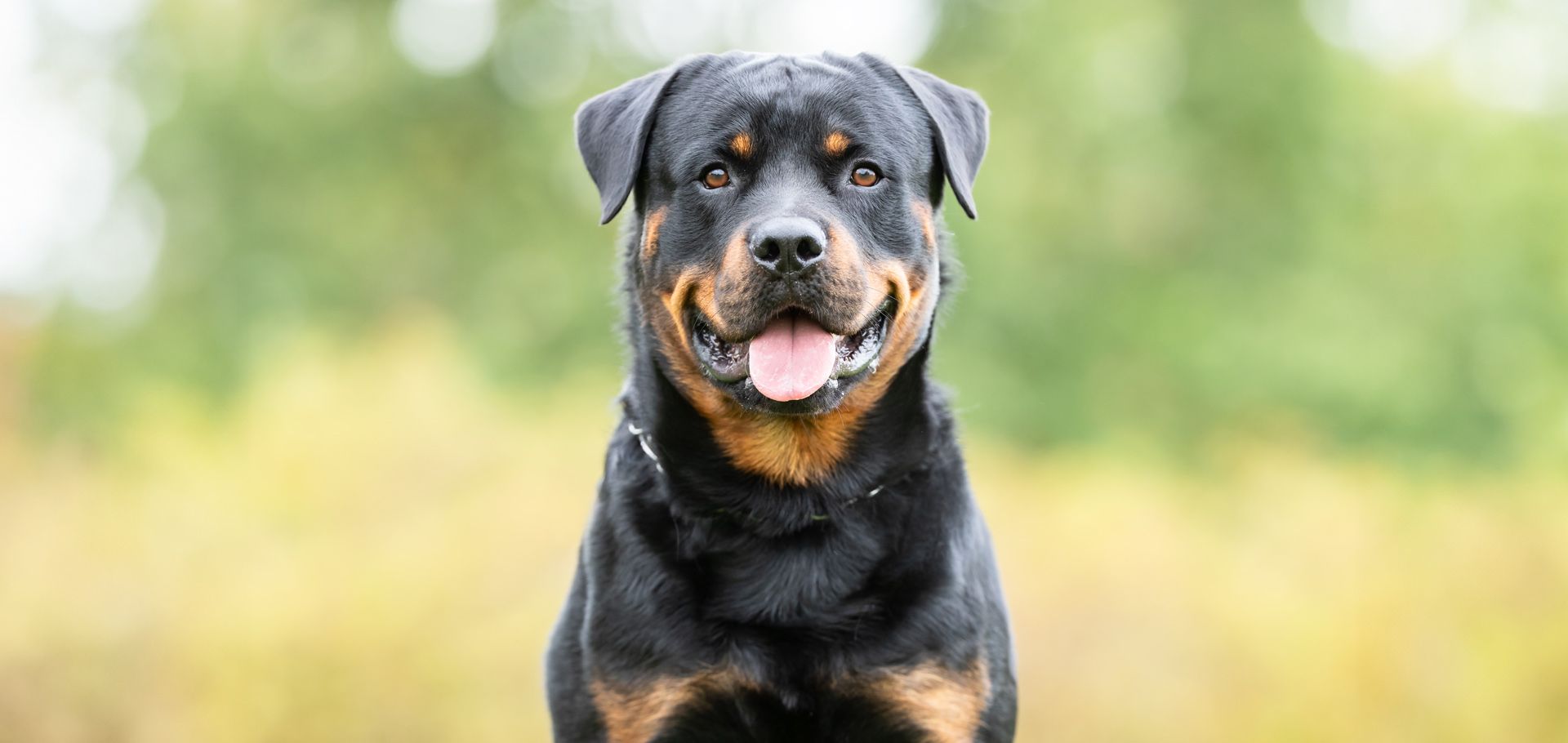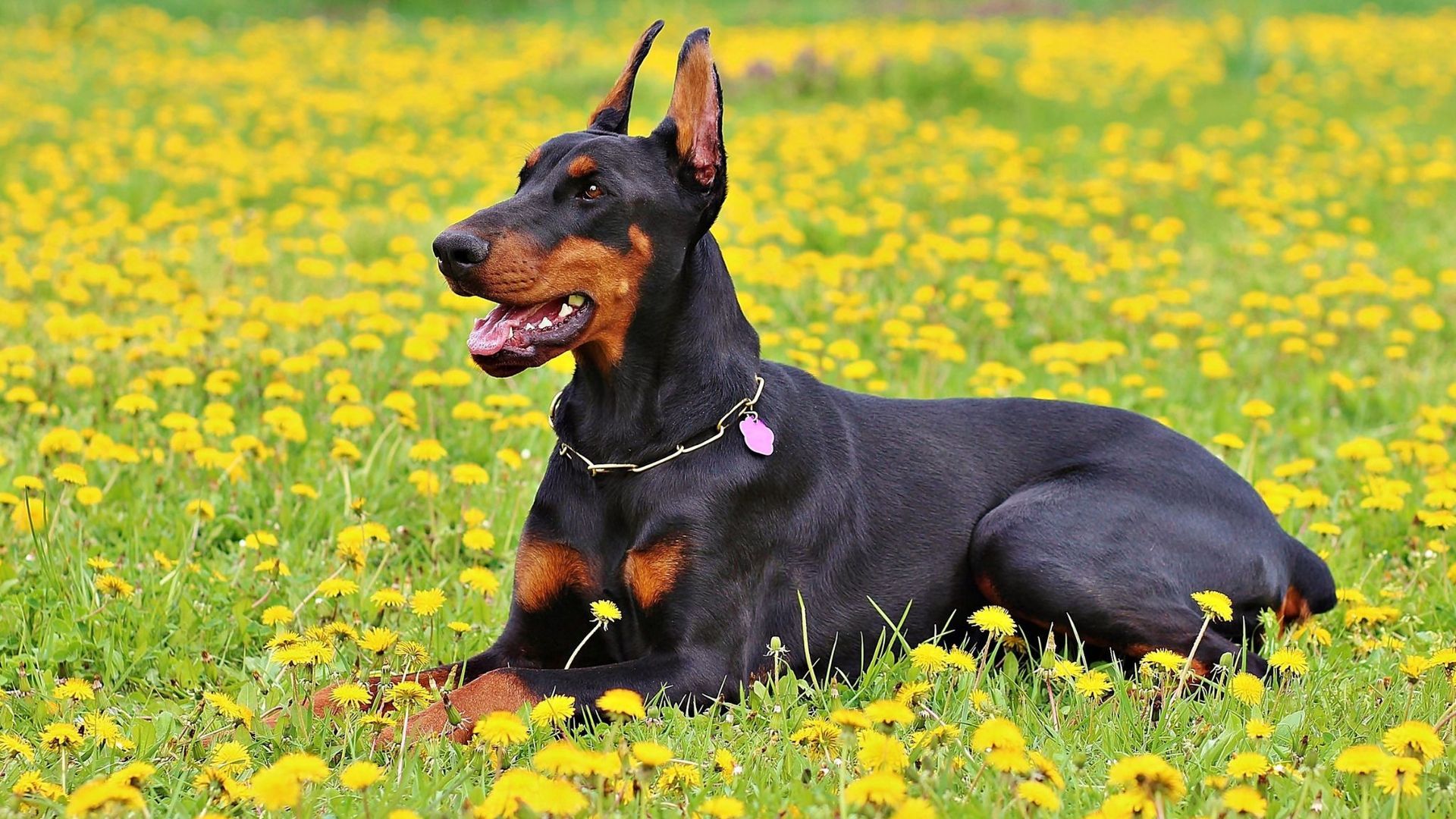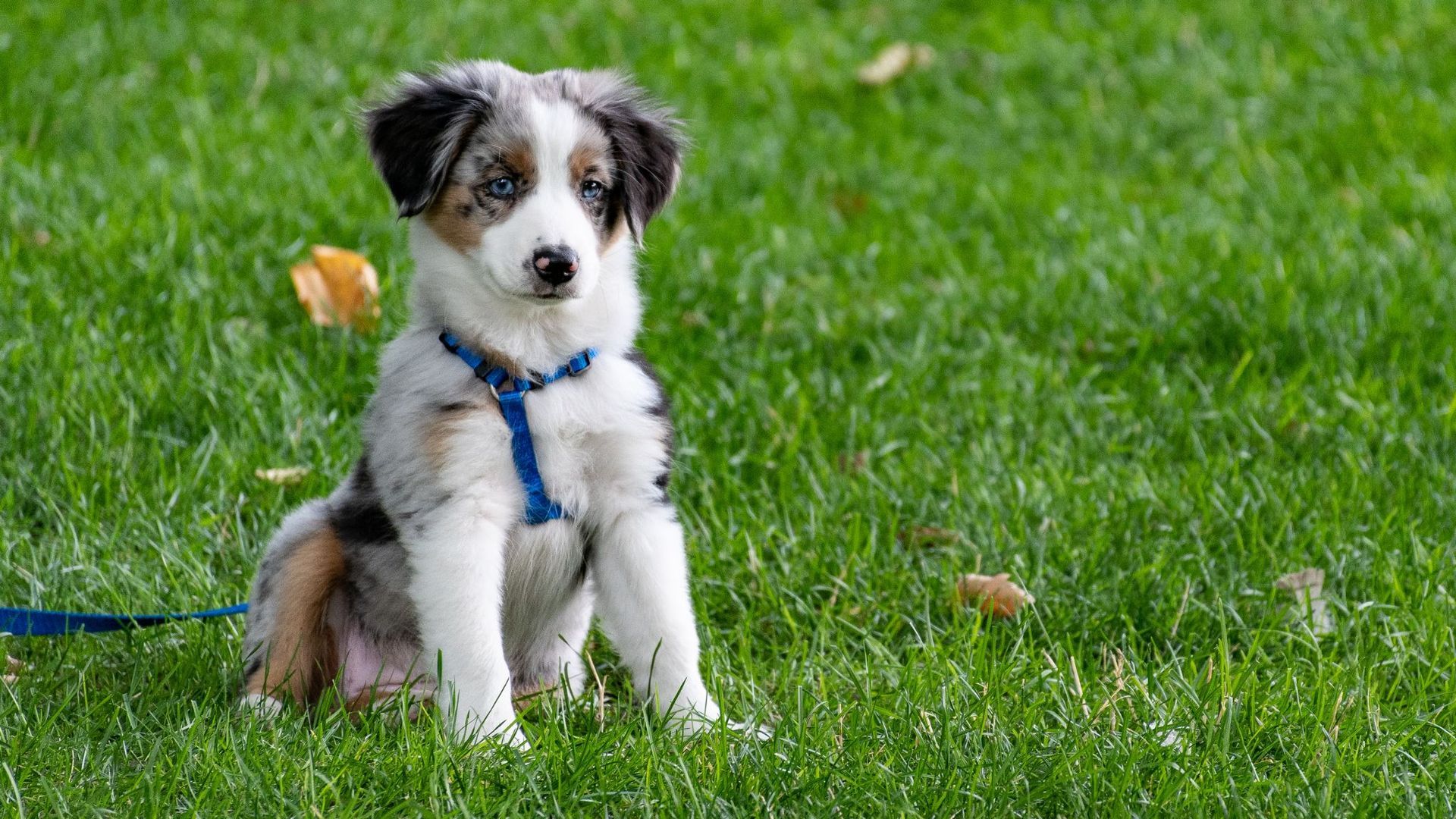
If you're a dog owner, you've likely asked yourself, "How often does my dog need a rabies shot?"
It's a vital question, given that rabies is a serious, often fatal disease affecting both animals and humans. The disease is primarily spread through bites from infected animals. That's why vaccinating your furry friend is about more than just their health—it's about protecting your family and community too.
Here, we'll dive into everything you need to know about the rabies vaccine for dogs, from costs and effectiveness to side effects and the all-important vaccination schedule.
How Much Does It Cost To Get Rabies Shot?
The cost of a rabies vaccine for your dog can vary depending on several factors, including your geographical location, the type of clinic or veterinary practice you visit, and whether your dog needs other services or vaccinations at the same time.
On average, a rabies vaccination can cost anywhere between $30 to $50. In many areas, low-cost vaccination clinics are available, and these can offer the vaccine at a lower price. It's worth noting that despite the cost, the rabies vaccination is a crucial investment in your dog's health and is far less expensive than the cost of treating a rabid animal or the potential legal and medical expenses if your unvaccinated dog bites someone.
Can a Vaccinated Dog Get Rabies?
While the rabies vaccine is highly effective, no vaccine offers 100% protection. In very rare cases, a vaccinated dog can still contract rabies, especially if they are exposed to a high dose of the rabies virus or if their immune system is compromised.
However, such instances are extremely rare, and the vaccine is generally considered very effective in preventing rabies. To maintain this effectiveness, it's crucial to adhere to the recommended vaccination schedule. Keeping your dog's rabies vaccinations up to date ensures the highest level of protection against this serious disease.
Side Effects Of Rabies Vaccine In Dogs
While most side effects are mild and short-lived, it's important for dog owners to be aware of what to expect and when to seek veterinary care.
Common side effects of the rabies vaccine can include:
Mild Discomfort or Swelling at the Vaccination Site
It's not unusual for dogs to experience some local reactions like swelling, redness, or tenderness where the vaccine was administered. This is often just a sign that the body is reacting to the vaccine and building immunity. In most cases, these symptoms are mild and don't cause significant discomfort to your dog. However, if the swelling or discomfort seems to be severe or increasing, it's a good idea to check with your vet.
Slight Fever
A minor increase in body temperature can occur and typically resolves within a day or two. This mild fever is a common immune response and usually doesn't require any special treatment. Keep your dog hydrated and comfortable, and monitor them closely for any changes in behavior or appetite.
Decreased Appetite and Activity Level
Your dog may show less interest in food or be less active. These symptoms are generally brief, appearing within hours of the vaccination and subsiding in a couple of days. It's important to ensure that your dog remains hydrated and is offered food, even if they're not as eager to eat as usual. These signs should be temporary, and your dog's normal enthusiasm should return soon.
Persistent Firm Swelling
Occasionally, a small, firm swelling at the injection site might last for a few weeks. If it persists for more than three weeks or seems to be growing, it's important to consult your veterinarian. This could be an indication of a granuloma or other reaction to the vaccine. In the meantime, avoid touching or pressing the area, as this can cause discomfort to your dog.
If any of these common side effects worsen or continue for more than a few days, it's advisable to contact your veterinarian. They can provide guidance and treatment to alleviate these symptoms.
In rare cases, dogs may experience more serious side effects, which require immediate veterinary attention. These include:
Vomiting or Diarrhea
If your dog starts to vomit or has diarrhea after receiving the vaccine, it could be a sign of a more serious reaction. These symptoms may indicate that your dog is having an adverse reaction to the vaccine, and they should not be ignored. Ensure your dog stays hydrated, but if the vomiting or diarrhea persists for more than 24 hours or if your dog appears lethargic and unwell, it is critical to seek veterinary care immediately for proper diagnosis and treatment.
Hives
Hives typically manifest as raised, itchy welts on the skin and can be accompanied by swelling. If you notice hives on your dog, contact your veterinarian as soon as possible, as this allergic reaction can escalate and potentially become more serious, sometimes leading to anaphylaxis, a life-threatening condition.
Swelling of the Muzzle, Face, Neck, or Eyes
This type of reaction, known as angioedema, can progress quickly and may lead to difficulty in breathing if the throat is involved. Immediate veterinary attention is necessary in such cases, as timely administration of appropriate medication is critical in managing these symptoms.
Severe Coughing or Difficulty Breathing
If your dog shows signs of respiratory distress, such as persistent coughing, wheezing, or labored breathing, it is a matter of urgency. These symptoms can signify a severe allergic reaction or a respiratory complication, and prompt veterinary intervention is essential to ensure your dog's safety and well-being.
Collapse
Collapse can be a sign of a severe systemic reaction, such as anaphylactic shock, and immediate medical intervention is crucial. During this time, try to keep your dog calm and comfortable while you seek emergency veterinary care as swiftly as possible.
These more serious side effects usually occur minutes to hours after the vaccination. If you observe any of these symptoms in your dog, it's crucial to
seek emergency veterinary care right away, as they could be indicative of life-threatening conditions.
When Do Dogs Get Rabies Shots
When it comes to ensuring the health and safety of your dog, understanding the rabies vaccination schedule is crucial. State laws vary, so it's important to be aware of the specific requirements in your area. Typically, puppies receive their first rabies vaccine at or before 16 weeks of age, with a booster shot following a year later.
How Often Does My Dog Need A Rabies Shot
Subsequent vaccinations are then either annual or triennial, depending on state regulations and the vaccine used. Staying informed about these guidelines is not just about compliance; it’s a vital part of your pet’s health care routine.
Keeping track the varying requirements can be challenging, but your veterinarian is an essential resource in this regard. They can provide tailored advice based on your state's laws and the most suitable vaccine for your dog.
Do remember that maintaining accurate records of your dog’s rabies vaccinations is imperative. This documentation is often required for travel, boarding, and in some regions, even obtaining a dog license. By keeping these records handy and up-to-date, you not only adhere to legal requirements but also contribute to the wider effort of rabies control and public health.
Remember, a well-vaccinated dog means a safer community for all.
The Bottom Line
Keeping your dog up-to-date with their rabies vaccine and knowing when do dogs get rabies shots is an essential part of being a caring and responsible pet owner. It's more than just a checkbox on your pet care to-do list; it's a critical shield that protects not only your beloved pooch but also plays a vital role in maintaining public health.
Sure, like any medical intervention, the rabies vaccine comes with its share of potential side effects, but these are generally minor, especially when stacked against the grave risks and severity of rabies itself.
It's important to stay on top of the recommended vaccination schedule and be well-informed about the specific requirements in your area. Think of it this way: every time your dog gets their rabies shot, you're not just keeping them safe; you're contributing to a healthier, safer environment for everyone.
So, keep your four-legged friend safeguarded with their rabies vaccine, and bask in the peace of mind that comes with knowing you're playing a pivotal role in protecting their health and those around them.
Get the Help Your Dog Needs at Brewerton Hospital for Animals!
Ensuring your beloved dog's protection against diseases like rabies can sometimes seem challenging. If you're thinking about the next steps for your dog's health, specifically regarding a rabies vaccine,
Brewerton Animal Hospital is your ideal destination. We provide exceptional
care and advice for your canine's vaccination needs.
Contact us and schedule a visit to make sure your furry companion stays healthy and safeguarded!
SHARE THIS ARTICLE




